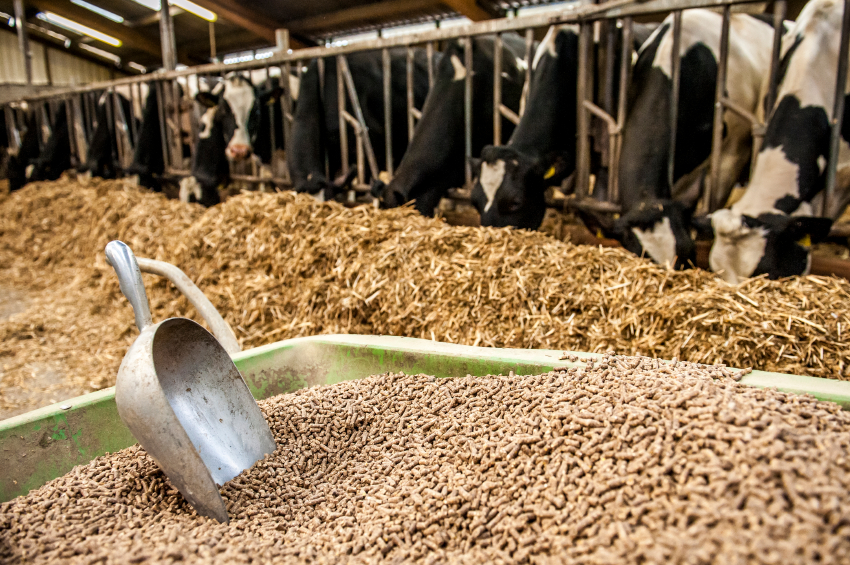



Article by: Hari Yellina
Since starting his company in the isolated Kimberley region of Australia in 2014, Russell Cooke claims he has never been busier. “We’ve been getting a lot of early orders and extra clients for supplements to keep weight on cattle for as long as possible, he said, adding that the wet season has severely failed in certain areas of northern Australia.” A variety of ingredients, some of which may be found in Mr. Cooke’s home state of Western Australia, are used to manufacture cattle supplements and feeds, including salt from Port Hedland, canola meal from Perth, and maize from the Ord Irrigation Scheme. But Mr. Cooke must look outside for the essential component of phosphorus.
There is no high-quality phosphorus for animals in Australia. It must be imported from different nations, he said. “So, with container transportation concerns and price increases over the past two years, that’s been challenging. “It would be great if we could get MCP [monocalcium phosphate] produced locally.” The cattle business is the target of a resource corporation in Queensland’s Georgina Basin. An MCP processing plant will cost millions of dollars to develop on the property that Chatham Rock Phosphate is in the midst of purchasing in Cloncurry. Executive director Colin Randall stated that “right present MCP is a totally imported product, with roughly 30,000 tonnes a year imported into Australia, of which 75% comes from China.”
“I’ve discussed our proposal with a number of the lick-block producers, and they want it now,” According to Mr. Randall, the region had access to the phosphate, limestone, and sulfuric acid needed for the manufacturing of MCP. He stated, “As far as we know, no other companies [in Australia] are looking to produce MCP.” “We sent samples to Belgium for testing, and the most recent findings inspire us to move forward and do some pilot trials.” According to him, if everything went according to plan, the processing plant might be up and running by 2025 and able to produce 30,000 tonnes of MCP annually.